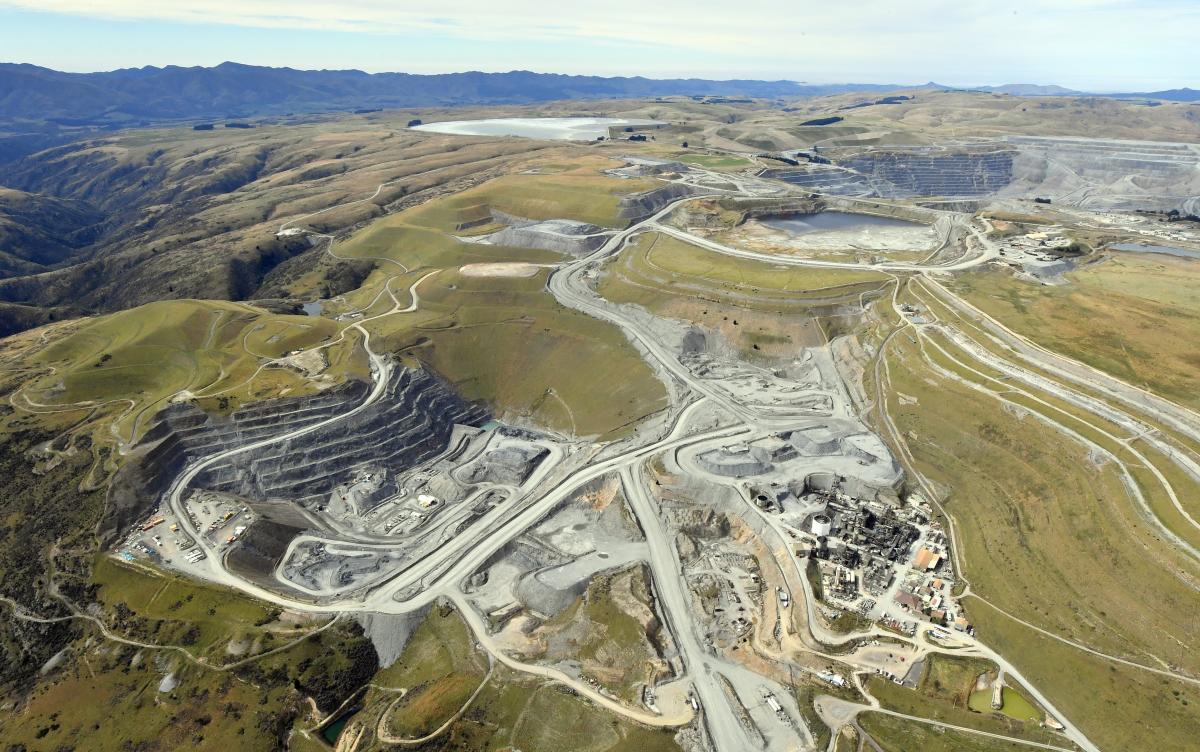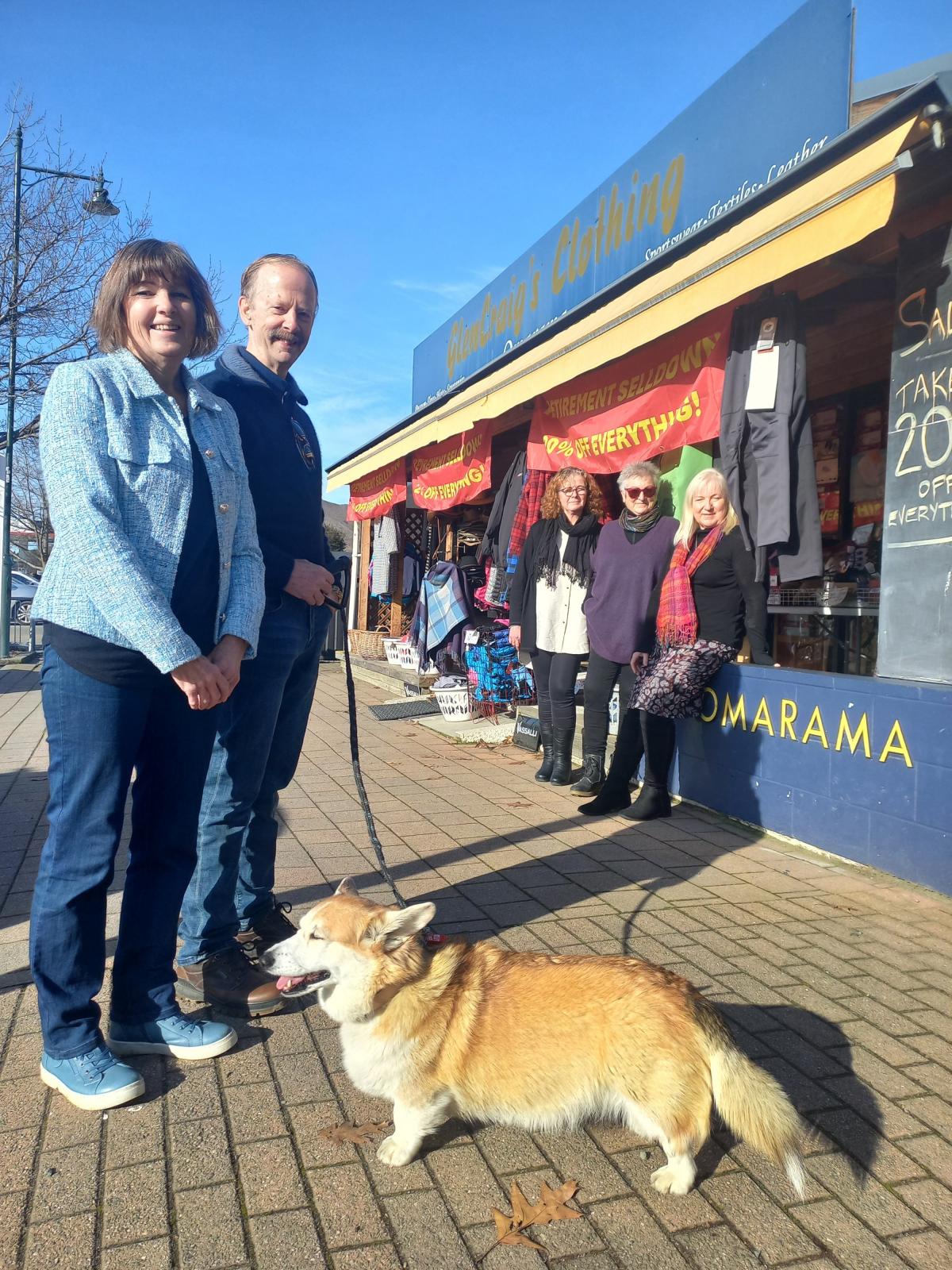Kāti Huirapa Rūnaka ki Puketeraki, Te Rūnanga o Moeraki, and Te Rūnaka o Ōtākou — submitting as Kā Rūnaka — said OceanaGold’s application to expand its Macraes Gold Mine did not adequately address “the magnitude, severity and ongoing impact” of the effects arising from their plans.
“Furthermore, the conclusions contained in the application regarding the effects arising from the application have been reached without an assessment of the cultural impacts of the project endorsed by Kā Rūnaka,” the submission said.
“It is not possible for the applicant to conclude that the effects are of an acceptable level without cultural input into their assessment.”
OceanaGold applied to the Otago Regional Council, Waitaki District Council and Dunedin City Council for consent for the site-wide expansion of mining activities at Macraes, requesting public notification.
Seven submissions were published on the regional council website yesterday.
A hearing is set down for July.
Kā Rūnaka’s counsel said the mining company’s application lacked detailed information on the proposed expansion’s effect on a range of matters including the mine’s cumulative effects on water quality, the provision for appropriate and meaningful management of long-term environmental effects and the ongoing and long-term nature of its effects.
Questions remained about the expansion’s cultural effects, its land restoration requirements, and its economic impact on Kā Rūnaka.
More needed to be known about the “durability and sustainability” of the offsets and mitigation measures proposed, the submission said.
The applications also lacked a “credible long-term environmental management plan”.
“Kā Rūnaka has little choice but to oppose the consents sought.”
Forest & Bird also opposed the application and said the proposed expansion would result in significant adverse effects on indigenous plants, animal habitat, wetlands and freshwater ecosystems.
The environmental organisation called upon the regional council to decline the application in full.
Or, if the council was of a mind to approve the application, to include “significant changes to effects management, mitigation and compensation” to account for the significant effects on indigenous species and habitats.
Otago Fish & Game also called for consideration of the long-term effects of the mine.
“Fish & Game submits that the decision-maker should be very certain that there is an extremely robust mechanism to ensure any proposed rehabilitation work — including future adaptive management actions which are not now currently known — will actually be undertaken.
“With that said, Fish & Game is not clear exactly how this could be achieved on a project which spans hundreds of years and into perpetuity, affecting countless future generations.”
“In the face of such dramatic uncertainty, it may be that adopting the precautionary principle would be a helpful place to begin,” Otago Fish & Game said.
Fire and Emergency NZ submitted a neutral submission but called for assurances there would be an adequate water supply available for firefighting activities as well as emergency vehicle access.
The Department of Conservation noted the application was missing an ecological enhancement area management plan as well as the cultural impact assessment.
“This means that at the time of lodging this submission there can be no certainty that the combination of conditions and management plans will be able to adequately address effects on the environment,” the department’s submission said.
One neighbour opposed the expansion, citing concerns about noise, air, water and light pollution.
Another raised concerns about what he described as historic consent breaches.
OceanaGold has been approached for comment.













